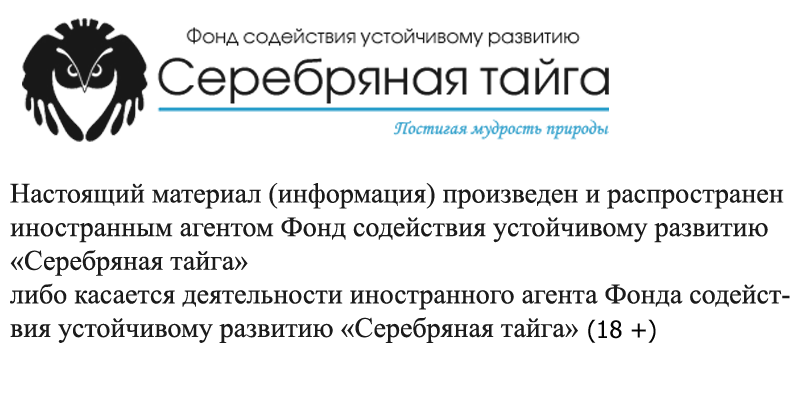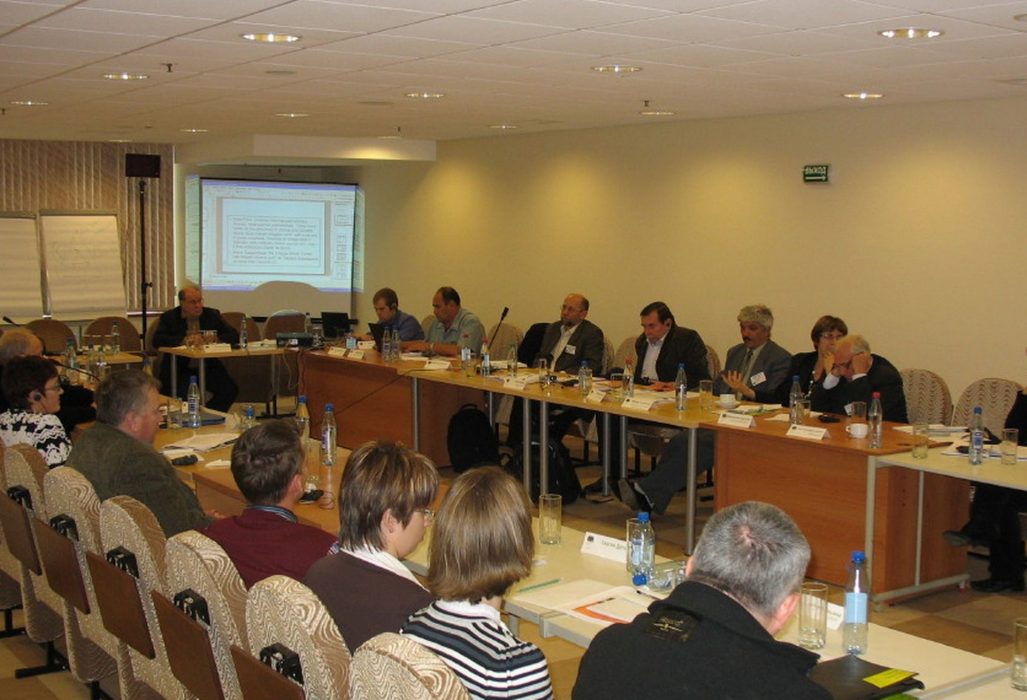Effective Dialogue in Forests Landscapes: 10 Years of Experience in Komi, Russia
The Komi Dialogue has developed into an ongoing multi-stakeholder platform that’s been a fruitful convening tool in the Russian region for the past 10 years. First convened in 2008 as a field visit for The Forest Dialogue’s initiative on Forests and Poverty Reduction, the Komi Dialogue has now successfully gathered four subsequent dialogues with varying topics relating to forestry and local livelihoods. The platform has been ushered along under the stewardship of Silver Taiga and Mondi Syktyvkar.
The dialogue hosts represent two ends of the stakeholder spectrum in Komi. Silver Taiga is a foundation focused on promoting and supporting the forest stakeholders with the development of sustainable forest management in the Komi Republic and other regions of the Russian Federation. Mondi Group is an international packaging and paper group operating in more than 30 countries that looks to sustainably manage forests and purchase wood from responsible sources to produce pulp, paper and packaging. Together the two entities have fostered a relationship of mutual benefit and trust that manifests in continued support and exchange around local issues through the dialogue platform.
The impetus for developing such a dialogue rose out of Mondi’s desire to experiment with a multi-stakeholder platform, which was very rare at the time in Komi. While Mondi previously convened locals through local offices, but after centralization of forest enterprises close communication was lost and contacts were limited to heads of municipalities responsible for huge swaths of land only. Local peoples and Mondi realized the resulting gap and saw a growing need for bottom-up conversations about forest management planning, policies, and processes with all stakeholders connected to the land.
The 2008 dialogue was first opportunity to reinstate local uptake of opinions and knowledge, participatory planning, and information sharing about Mondi’s future land use plans. It was clear throughout the 2008 Dialogue that commercial forestry already played a large role in sustaining some rural livelihoods in Komi. Forest leaseholders provide vital employment, tax revenue, and infrastructure development that are available from few other sources. But a major theme of the first dialogue was that new models and approaches were necessary if forest industry and the government were to make major improvements in rural livelihoods, and address the key social issues surrounding forest use. This was not simply a question of changing company policies or amending Komi’s forest regulations. It required broadening the scope of local involvement in forest use planning, and increasing the capacity of villages to represent their interests in their relation to industry and government. The on-going platform has taken up this call to action and catalyzed real results for local stakeholders.
Nine years later, the platform convenes local participants representing forest industry, NGOs, community groups, indigenous organizations, government, and the private sector on a regular basis. By involving local people in forest-situated villages affected by forest management, the on-going dialogues have led to more deep and targeted conversations for the Mondi paper-mill enterprise. Before dialogues, these stakeholders did not have regular conversations and subsequently most did not understand policies, agreements, and movements according to sustainable management. The dialogue platform has been able to provide the much needed more information, more regularly, with enhanced transparency and improved clarity. Furthermore, there has been an increase in informal conversations with local communities that may not be formally recognized as forestry stakeholders but have special connections to the land such as hunters, fishers, women’s groups. Between the dialogues at operative level there are now rather intensive consultations with local stakeholders, but it is still important to have such kind of higher-level forum for checking progress and defining next steps forward.
A key example of tangible results born out of the multi-stakeholder platform is the establishment consistent dialogue with local communities and forest management entities or corporations that builds a network that improves community relationships and works to improve local livelihoods. For example, Mondi now works to prepare and incorporate management maps that indicate proposed operational sites, protected areas and areas of social importance for circulation to local stakeholders. They uptake feedback from these plans and submit them to forest managers for attention. Likewise, Oksana Pomysova, head of the rural settlement of Spasorub was encouraged by the outcomes of a recent meeting of a forest certification expert group that included “the Luzales management [corporation], experts and local residents involved”. Pomysova explains that “each of the parties got a chance to speak out. The experts’ comments and estimates helped the local residents to understand that Luzales has to take their interests into account, while the company is to pay a closer attention to the requirements of the local community”.
Furthermore, Mondi now has a social partnership agreement with local villages which have felt impacts from logging operations. Using this arrangement, community members can apply for funding from Mondi to improve their livelihoods. There are several examples of awarded assemblages for developing local entrepreneurship, supporting social infrastructure or developing education.
The most recent dialogue was convened in 2017 in Komi and sought to grapple with social inclusion challenges of forest management. The outcomes demonstrate significant improvement in the following always most problematic issues such as insufficient awareness by local communities of forest operations; poor access by small local entrepreneurs to forest resources; limited supply of firewood and sawn timber; conflicts with traditional non-timber uses of forests; and the impact of heavy timber trucks on public roads.
The Forest Dialogue’s initial convening in 2008 served as a catalyst for multi-stakeholder dialogue that has developed into a key convening platform today. Both Mondi and Silver Taiga has seen the importance of convening local stakeholders who offer importance voices to forest management discussions. The Forest Dialogue looks forward to seeing continued collaboration amongst stakeholders in a way that fosters further results for local livelihoods. For more information about the first Komi dialogue, please visit Silver Taiga archive.



